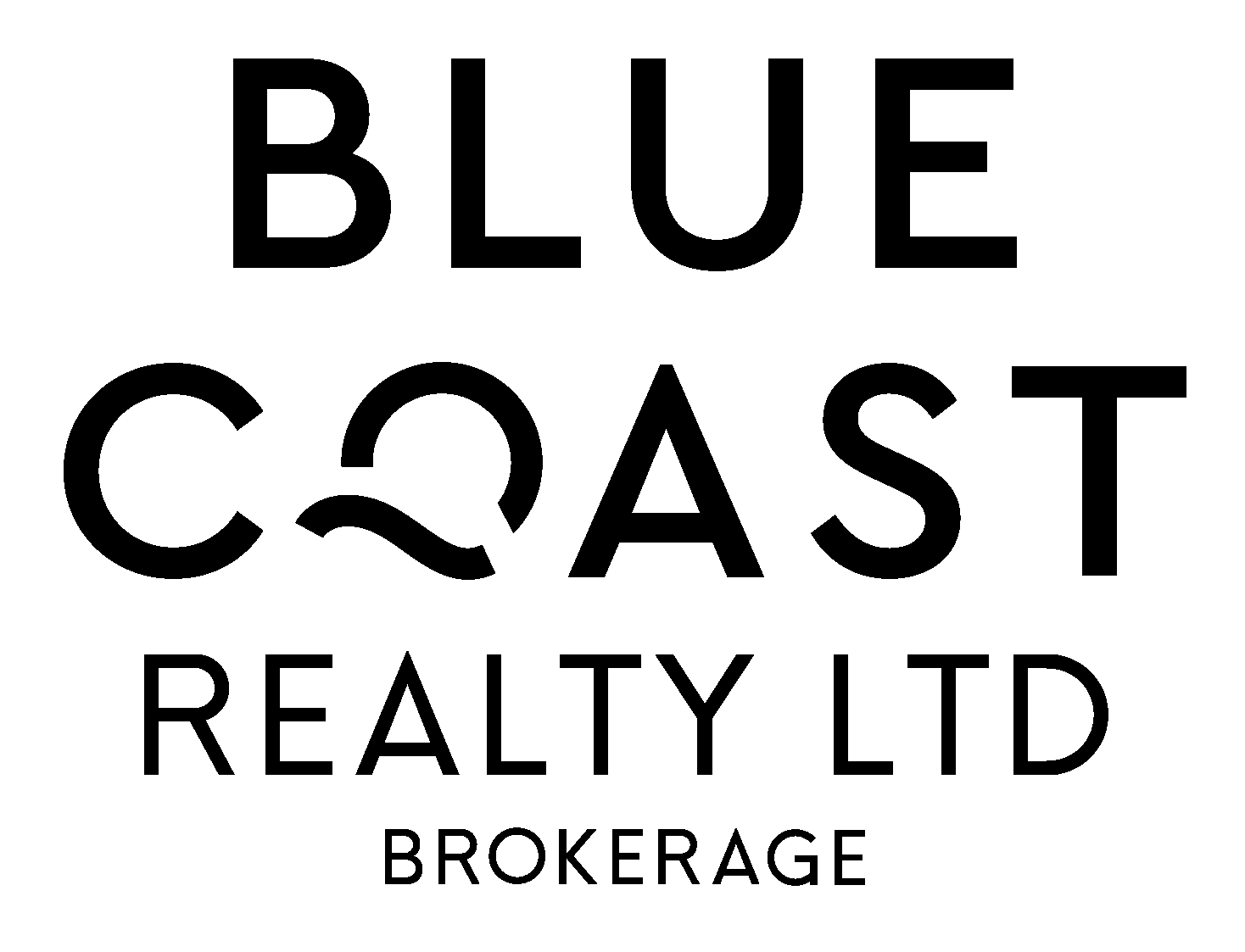
Buying a home is a big investment, and for most people it's one of the biggest purchases they will ever make. Currently, many first-time homebuyers feel overwhelmed by the cost of breaking into the house market.
Fortunately, Canada’s government offers a range of programs designed to aid first-time homebuyers. Let’s delve into these initiatives and see how they might pave your way to homeownership.
1. First-Time Home Buyers’ Tax Credit (HBTC)
The idea of receiving some cash back after closing the deal on your dream house sounds wonderful, doesn't it? The HBTC is here to make this a reality. This program helps counterbalance some purchase-related expenses such as legal fees or land transfer tax, (albeit at tax time).
2023 Purchases:
- You can claim a non-refundable amount of $10,000 (HBTC amount) x 15% (federal tax rate for non-refundable tax credits), translating into a potential tax credit of $1,500.
2022 or earlier:
- You can claim up to $5,000 x 15%, equating to a possible tax credit of $750. If you bought your first home and missed filing in an earlier year you may be able to file an adjustment to your tax return.
Note: "Non-refundable" means that you cannot get a refund on the tax credit if the credit amount exceeds your tax due, but this tax credit is claimed against your income tax. The excess doesn’t get refunded but can reduce your payable tax to zero.
2. Home Buyers’ Plan (HBP)
Think of the HBP as a golden chest within your Registered Retirement Savings Plan (RRSP). This plan grants you the liberty to:
- Withdraw a maximum of $35,000 from your RRSP for a home purchase. If you’re buying with a partner, this could total $70,000.
- However, this isn’t free cash. It's imperative to repay the amount within 15 years to steer clear of any tax ramifications.
3. First-Time Home Buyer Incentive
Need assistance with the down payment? This program has got you covered, offering either 5% or 10% depending on the property type. Do keep in mind:
- The amount you'll need to repay is tied to your property's market value when you repay or after a period of 25 years.
- An appreciation in your property’s value over time could mean a heftier repayment.
4. New Tax-Free First Home Savings Account (FHSA)
Initiated on April 1, 2023, the FHSA is a game-changer for every first-time homebuyer. Under this scheme, you can:
- Accumulate a sizable $40,000 towards your dream home, all tax-free.
- Contribute a maximum of $8,000 yearly for a span of five years.
5. Land Transfer Tax Refunds
Completing your first home acquisition could also make you eligible for a land transfer tax refund. With possible refunds soaring up to $4,000, this is an avenue you wouldn’t want to miss.
- Your spouse can't have owned a home in the time they're been your spouse to receive the full rebate; but if they have you may be eligible for a 50% rebate.
- You have to live in the home with 9 months of your purchase.
- You only have 18 months to apply for the rebate.
A Cost to Factor In: Mortgage Loan Insurance
For Canadian homebuyers, if your down payment lies between 5% and 20% of the house price, securing mortgage loan insurance is mandatory. This facility offers:
- Assurance for lenders against any mortgage defaults.
- An avenue for potential homeowners to buy a home with a smaller down payment.
In Conclusion
While the housing market maze can seem intricate, these government initiatives make the homeownership route in Canada decidedly more navigable for first-timers.
If you're grappling with questions about eligibility or seeking in-depth details, don’t hesitate to reach out to us at Blue Coast Realty. Here’s to a smooth home-buying voyage!

